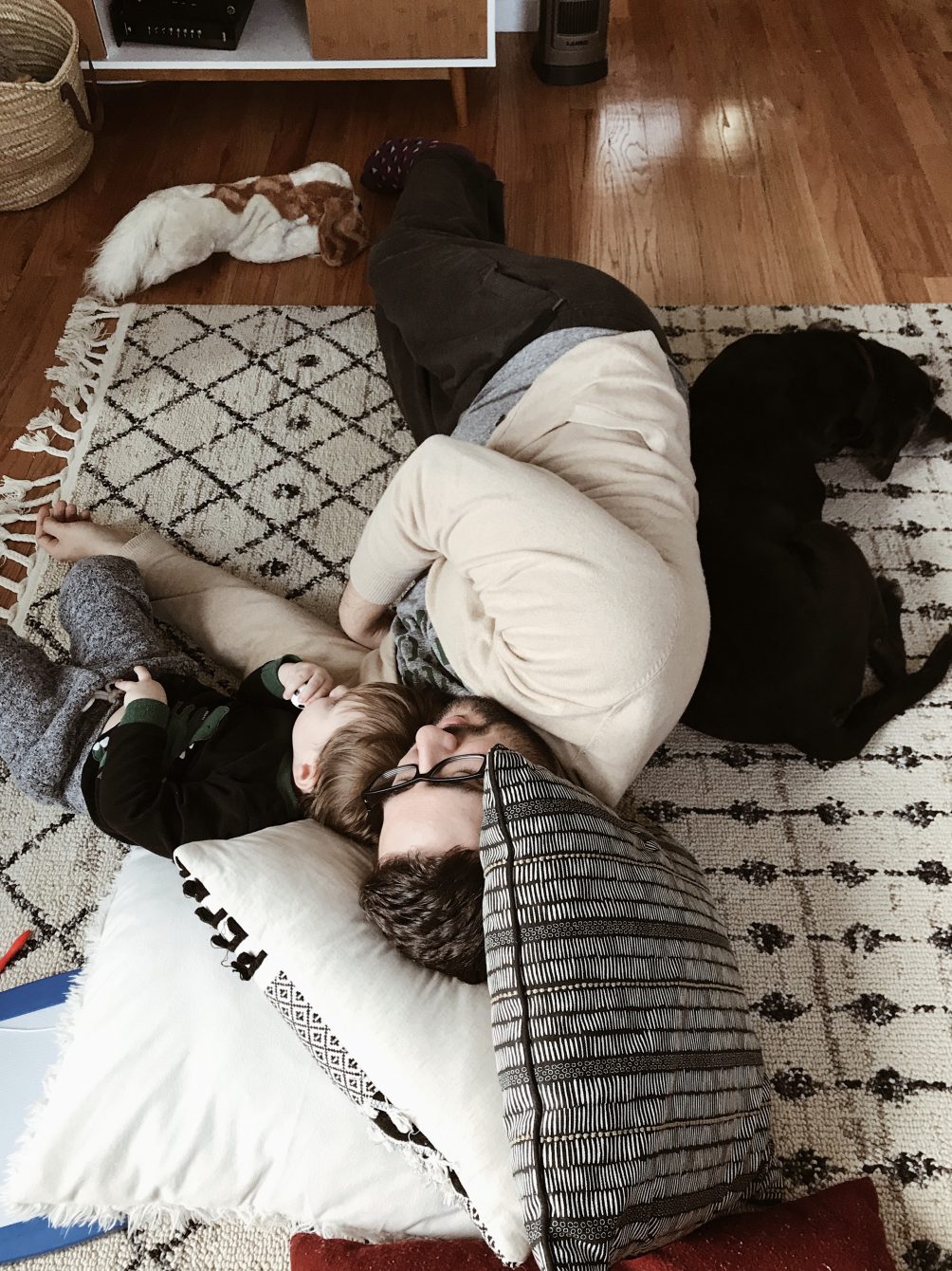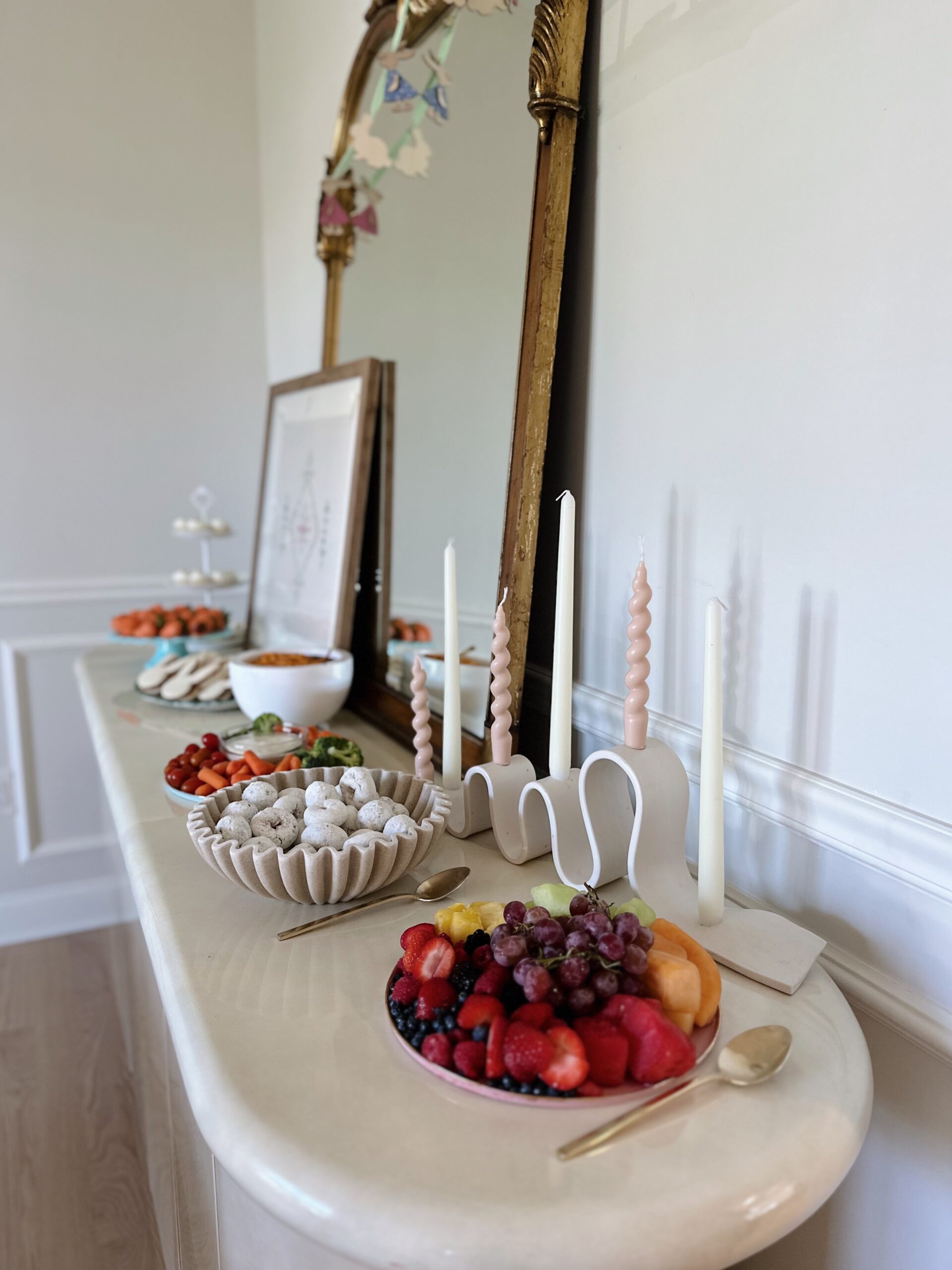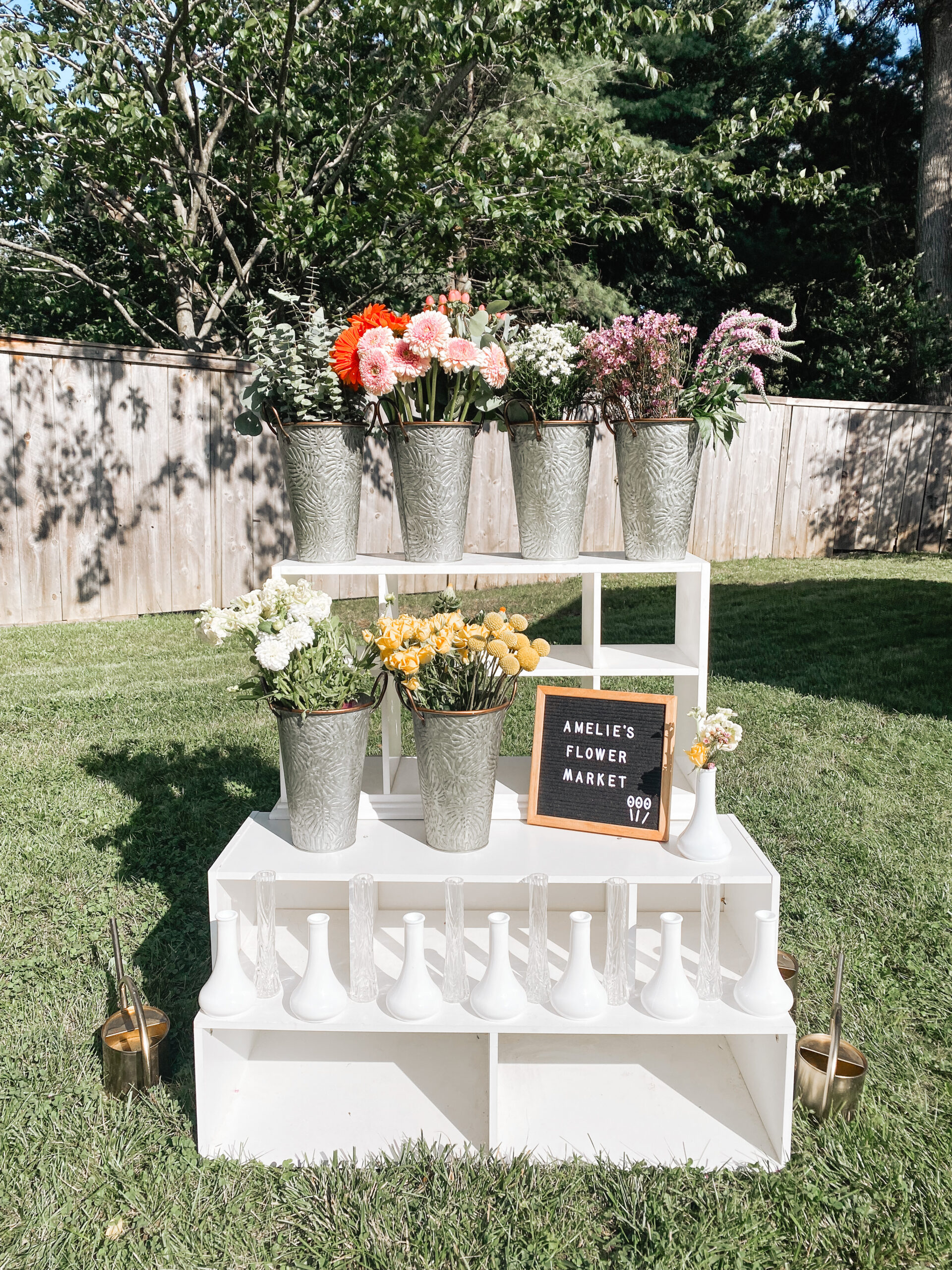Back in February, E and I went to a marriage conference. During one of the breakout sessions we signed up for a workshop on surviving the early parenting years. We thought it was going to be a seminar on tips for being mom and dad–how to discipline, deal with independence, make sure you don’t royally mess up your children, that kind of stuff. Instead, we got schooled in the art of preserving and prioritizing our marriage. These early years take a major toll. Your time is not your own and your attention is basically anywhere but on one another. One concept in particular struck a chord with me and has stayed top of mind every day since. They called it, ‘crucial conversations.’
Here’s how it started. The speaker said we were all innate, great storytellers. He then had us close our eyes. He then told us the following: “You’re walking home from work. You walk past a restaurant and see someone you know eating a meal. They’re eating with a person you don’t recognize. Instead of going inside, you just keep walking.” Now we opened our eyes. He followed up with a series of questions: “Was it day or night? Was it raining or sunny? What kind of a restaurant was it? Whose face did you see?” Without him giving any specific details, we had all naturally filled in those blanks. We’d crafted a story of our own from minimal details.
As his point unfolded, we were handed this truth: we all do the same thing with our spouses. We fill in the blanks and it’s usually to their detriment. Here’s an example from my own own life. E was feeding Colton lunch one weekend. I came home to find all the lunch dishes on the counter, right next to the dishwasher–the empty dishwasher. At this point, E was upstairs putting Colton down for nap. I got immediately annoyed. After all, I keep the kitchen clean and the dishwasher empty. How hard is it to bend down and put the dishes in there? That’s part of lunch duty. Instead, I’m left with the chore of cleaning up and feeling kind of disrespected.
E comes into the kitchen just as I’m closing the dishwasher. Before I say a word he expresses, “Oh I’m so sorry–I was going to do that when I came back down. I got distracted by Colton asking to play lunch after soccer and I wanted to give him that time. I didn’t mean for you to have to clean up.”
WHAM, there burst my high-and-mighty bubble. Without pausing, I’d told myself a whole story of E’s laziness. I didn’t even consider an understandable reason for those dirty dishes. I jumped to the worst conclusion.
As it turns out, the crucial conversations to be had are not between ourselves and our spouse. They’re internal. Out of respect for our spouse, we have to cut off that inner storyteller. We have to give them the benefit of the doubt. They’re our number one ally in life and in parenting. Why do we mentally tear them down with assumptions?
This idea of crucial conversations really rocked my world. It was eye-opening and humbling all at the same time. So I figured if it was brand new to me, it might be to you as well. And please know I never share these insights from a place of mastery. Instead, I see them as a form of accountability and growth. So here’s to every day having fewer internal stories than the day before.







